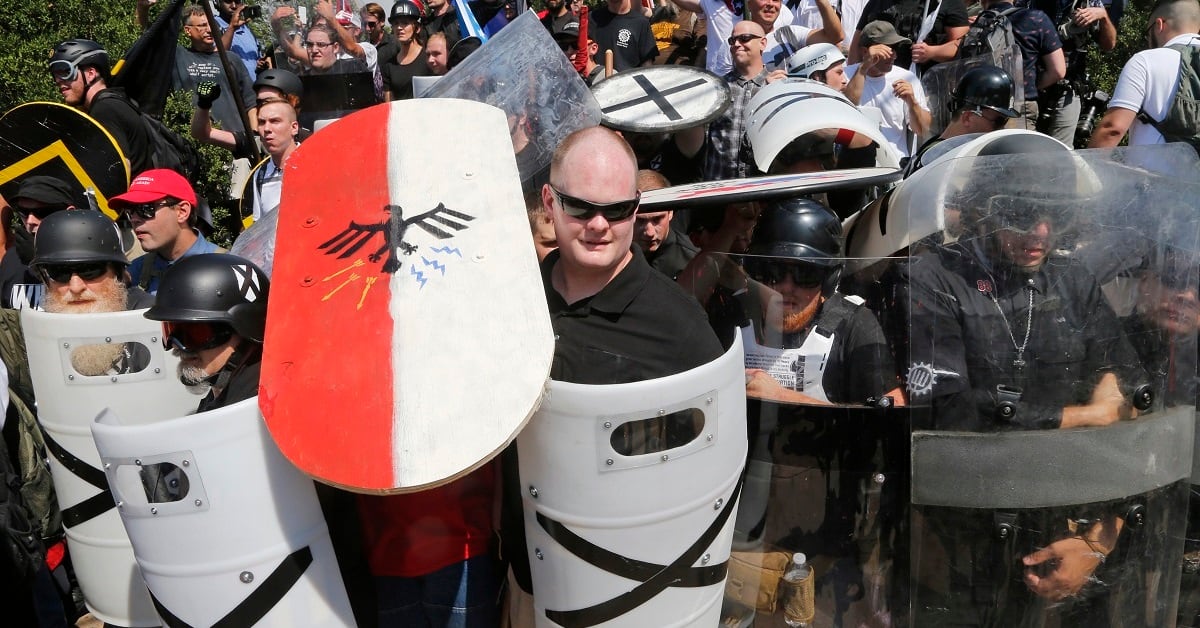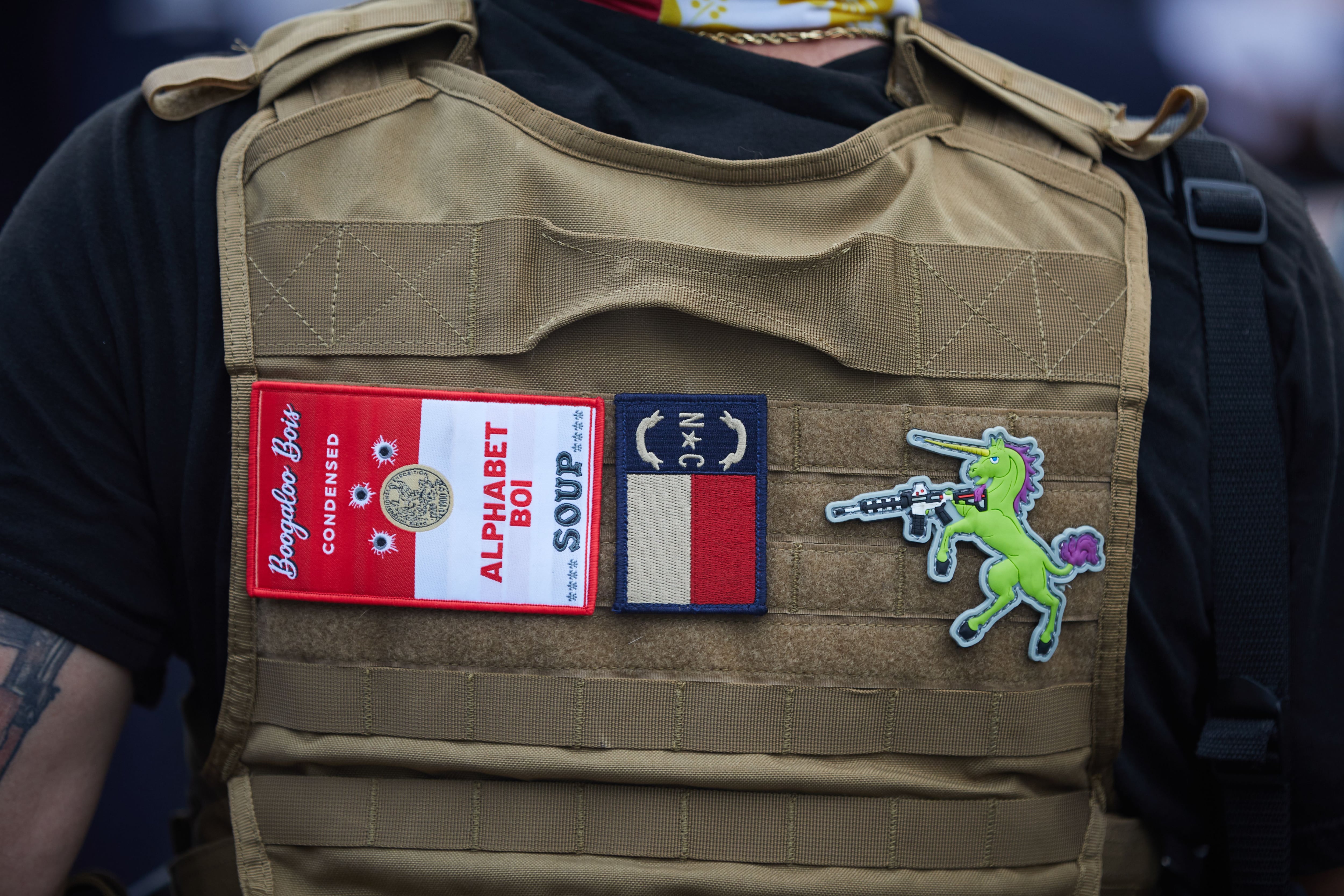House Democrats will push to make extremist activity a stand-alone crime under the Uniform Code of Military Justice and call for the appointment of a new defense inspector general focused on racial issues among the armed forces as part of broader efforts to include issues of equality in the annual defense authorization bill being debated this week.
The move comes after more than a month of nationwide protests on issues of racial inequality and police brutality, and just a few weeks after House Armed Services Committee members expressed concerns during a Capitol Hill hearing on diversity that military leaders haven’t done enough to track those problems in the ranks.
The authorization bill, which has passed into law for 59 consecutive years, is a massive defense budget policy measure including issues like the annual service member pay raise, equipment funding priorities and personnel reforms.
RELATED

But lawmakers have also used the legislative package in the past to try and highlight a host of social justice issues and societal changes. Issues of expanding combat roles for women, allowing gay and transgender troops to serve openly, and broadening religious expression have been among the most contentious arguments surrounding the legislation in recent years.
On Wednesday, when the House Armed Services Committee hosts a day-long mark-up of the fiscal 2021 authorization bill, the issues of racial justice and diversity will be among this year’s pressing debates.
Rep. Jackie Speier, D-Calif. and chairwoman of the committee’s personnel panel, plans to introduce amendments related to both the new inspector general proposal and UCMJ changes.
“For too long, the military has refused to accept that it has a problem with white supremacy and other far right extremists in the ranks,” she said. “Equally appalling is its failure to address or even provide adequate information on the systemic racism that has kept servicemembers of color from rising through the ranks for generations.
“This is a fatal combination not only for issues of equity, but for the sake of troop readiness and morale and our national security.”
The draft authorization bill already includes language mandating more monitoring of extremist and white supremacist language in the ranks, amid mounting reports of hate groups recruiting and enticing troops.
In a survey of Military Times readers last year, more than one-third of all active-duty troops and more than half of minority service members say they have personally witnessed examples of white nationalism or ideological-driven racism within the military in preceding months.
Currently, troops can be charged for activity with such extremist groups, but only through indirect crimes like poor conduct or disruptive behavior. The new proposal would make extremist activity its own charge, with the goal of more easily prosecuting such cases.
The new inspector general’s office would also monitor that kind of racial criminality among the services, but would also have a broader mandate of looking at things like racial disparities in promotions, inequality in military prosecutions, and effectiveness of programs designed to increase diversity among the fighting force.
RELATED

Committee staff said the proposal — which is expected to be offered as an amendment in the Senate’s authorization bill draft in coming days — will be modeled after the Special Inspector General for Afghanistan Reconstruction, which for the last eight years has issued frequent reports on waste and inefficiency related to military projects in that combat zone.
Speier said she hopes the new inspector general can produce “an impartial and exhaustive investigation” into the racial disparities.
Both proposals have support among Democrats on the Democratic-controlled House Armed Services Committee, making it likely they’ll advance at least to negotiations with the Republican-controlled Senate.
Leo covers Congress, Veterans Affairs and the White House for Military Times. He has covered Washington, D.C. since 2004, focusing on military personnel and veterans policies. His work has earned numerous honors, including a 2009 Polk award, a 2010 National Headliner Award, the IAVA Leadership in Journalism award and the VFW News Media award.




